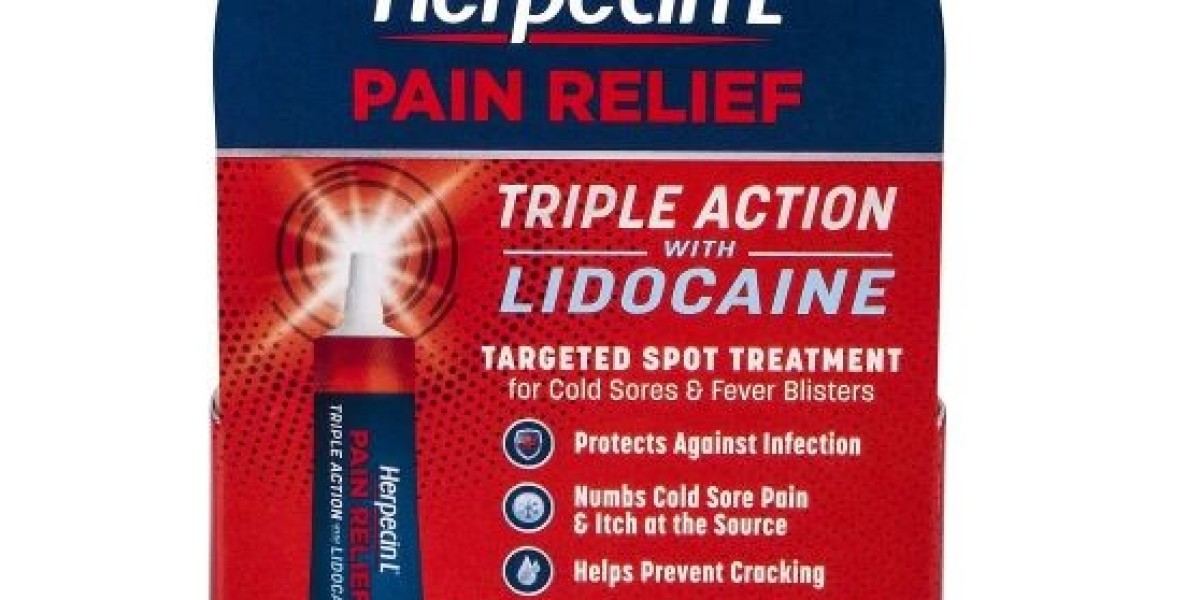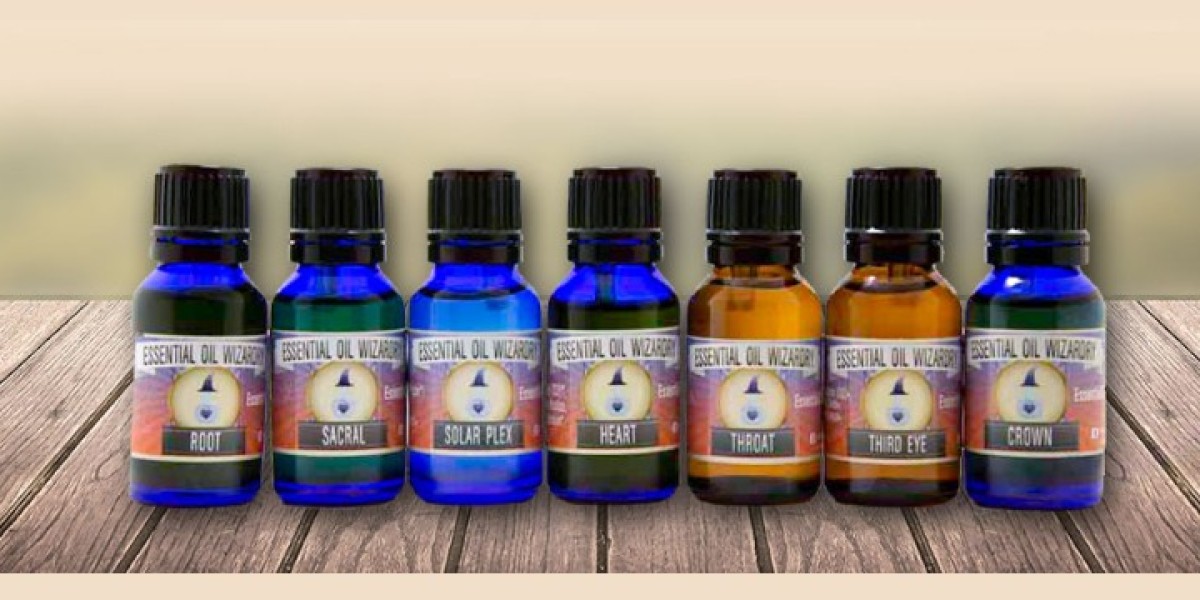Introduction:
Herpes is a common viral infection that affects millions of people worldwide. It is caused by the herpes simplex virus (HSV), which can cause outbreaks of painful blisters or sores on the skin and mucous membranes. There are two types of herpes viruses: HSV-1, which primarily causes oral herpes, and HSV-2, which primarily causes genital herpes. While there is no cure for herpes, there are treatments available to help manage symptoms and reduce the frequency of outbreaks. One of the most promising treatments available is Herpecillin.
Causes of Herpes:
Herpecillin is caused by the herpes simplex virus, which is highly contagious and can be transmitted through contact with infected skin or mucous membranes. The virus can be spread through sexual contact, kissing, sharing utensils or drinks, and even touching a cold sore or blister. There are several contributing factors that can increase the risk of contracting herpes, including a weakened immune system, stress, and exposure to ultraviolet light.
Symptoms of Herpes:
The symptoms of herpes can vary depending on whether it is a primary or recurrent infection. Primary symptoms typically occur within 2-14 days after exposure to the virus and may include fever, headache, muscle aches, and painful blisters or sores on or around the mouth, genitals, or anus. Recurrent symptoms tend to be less severe and usually consist of tingling, itching, or burning sensations before the appearance of blisters or sores.
Diagnosis of Herpes:
Diagnosis of herpes is typically done through a physical examination and laboratory tests, such as viral culture or polymerase chain reaction (PCR) testing. Serologic tests, which look for antibodies to the virus in the blood, may also be used to confirm a herpecillin diagnosis.
Treatment of Herpes:
There are several treatments available to help manage the symptoms of herpes, including antiviral medications, pain relief medications, and topical creams. Antiviral medications, such as acyclovir and Val acyclovir, are the most effective in reducing the frequency and severity of outbreaks.
Prevention of Herpes:
The best way to prevent herpecillin is through safe sex practices The best way to prevent herpes is through safe sex practices, such as using condoms during sexual intercourse, limiting the number of sexual partners, and avoiding sexual activity during outbreaks. Education and awareness about herpes and its transmission are also important for prevention efforts. There are also ongoing efforts to develop a vaccine for herpes, which could provide long-term protection against the virus.
Effectiveness of Herpecillin:
Clinical studies of the novel herpes medication herpecillin have yielded encouraging results. It has a special combination of organic components, including as zinc, vitamin C, and L-lysine, which together serve to lessen the frequency and intensity of outbreaks. L-lysine, an amino acid, has been found to prevent the herpes virus from replicating, and zinc and vitamin C assist the immune system.
Herpecillin is accessible both orally and topically, and it is simple to use. While the oral supplement is taken every day to help prevent outbreaks, the topical cream can be administered immediately to the affected area. Herpecillin is generally accepted and has few side effects, but clinical studies have shown that it is quite efficient in lowering the frequency and intensity of outbreaks.
Symptoms of Herpecillin:
Despite the fact that Herpecillin is typically tolerated well, there are a few possible side effects to be aware of. Dizziness, headaches, and stomach distress are examples of frequent adverse effects. Allergic responses or more severe adverse events are examples of rare side effects. Before taking Herpecillin, it's crucial to speak with a doctor, especially if you have any underlying health issues or are taking any drugs.
Questions and Answers:
What distinguishes Herpecillin from other herpes medications?
Herpecillin differs from other herpes medications in that it has a special combination of organic components that act together to lessen outbreak frequency and intensity. Herpecillin has few negative effects and is safe for long-term usage, in contrast to other antiviral drugs.
How soon does Herpecillin start to work?
Depending on the patient and the degree of their symptoms, Herpecillin's efficacy can change. But according to clinical research, Herpecillin can begin working within a few weeks of commencing medication to lessen the frequency and severity of outbreaks.
Can genital herpes be treated with Herpecillin?
Yes, Herpecillin is effective in treating both genital herpes and oral herpes.
Can Herpecillin be used to treat cold sores?
Yes, Herpecillin is effective in treating cold sores, an oral herpes-related condition.
Is it okay to take Herpecillin when pregnant?
Herpecillin has not been proven to be safe for use during pregnancy, so it is crucial to speak with a healthcare professional before doing so.
Conclusion:
Herpes is a common viral infection that can be challenging to manage. However, with the availability of treatments like Herpecillin, it is possible to reduce the frequency and severity of outbreaks and improve quality of life for those affected by the virus. With its unique blend of natural ingredients and proven effectiveness, Herpecillin is a promising new option for managing herpes symptoms.








